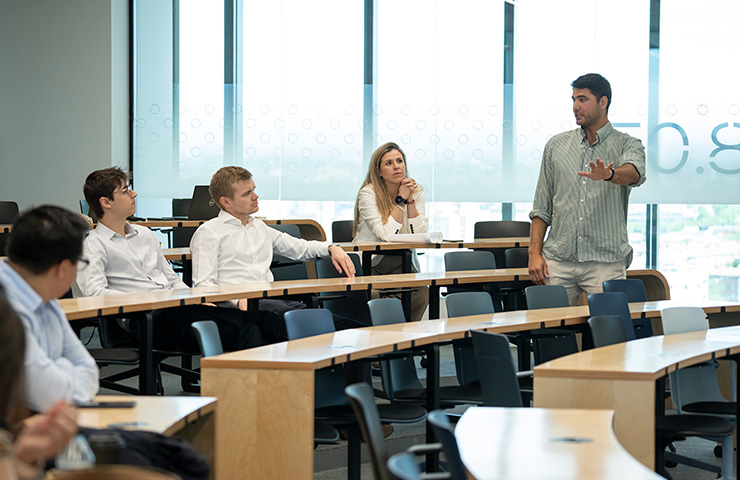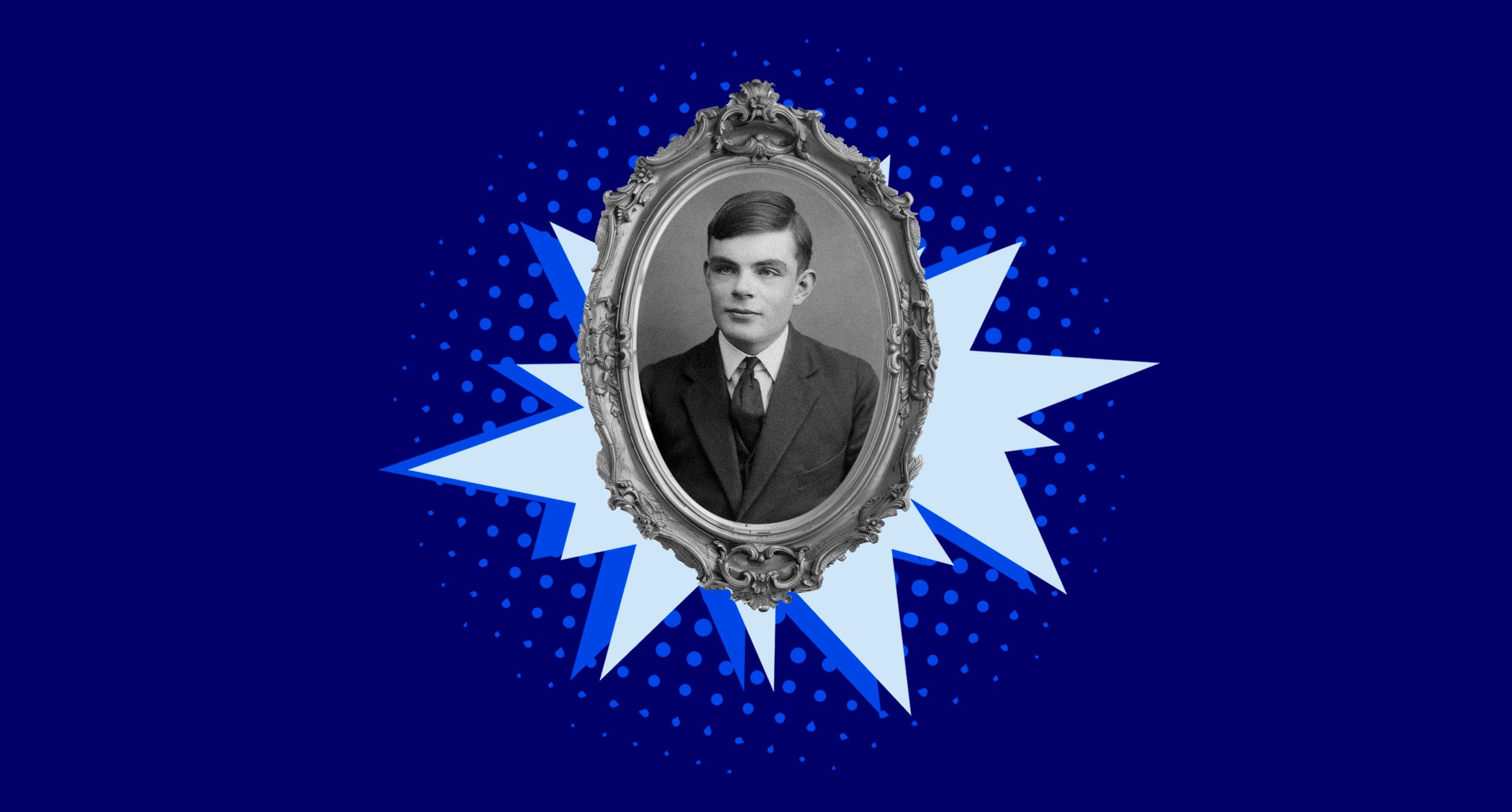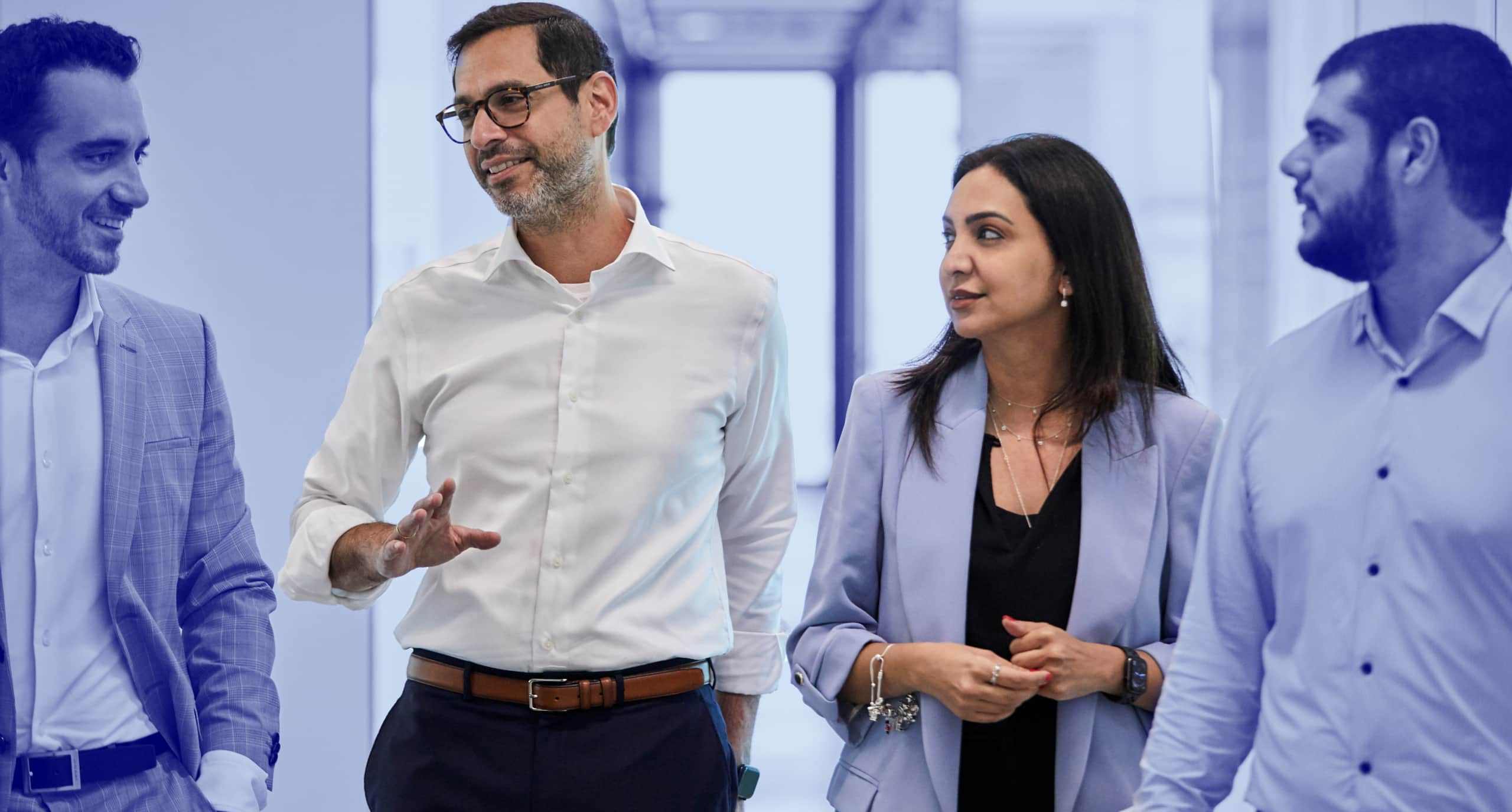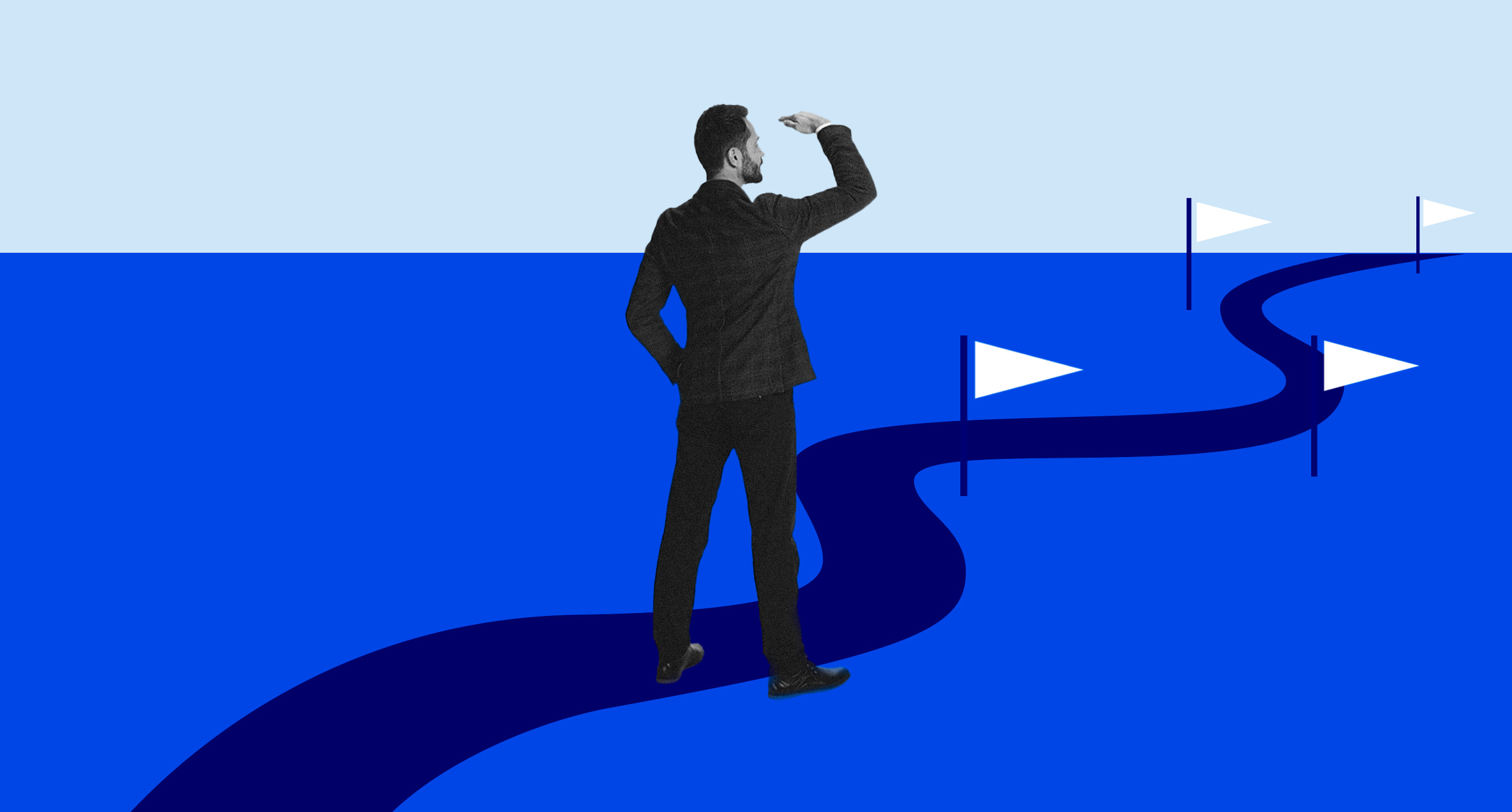Before joining the Executive Master in Digital Transformation & Innovation Leadership, Krishna Chaitanya completed his MBA with a key specialization in marketing. He then became a business analyst in his native home in India, focusing on business intelligence to sharpen his skills in data and analytics.
A true global citizen, he moved into a consulting role that let him work in Singapore, Hong Kong, the UK and Poland to expand his company’s presence in the region. Krishna has spent the last five years in Switzerland, where he helps businesses transform consumer and customer experiences through product and service innovation. His role involves implementing digital transformation for various organizations and he has experience working with technologies like Salesforce and Sharepoint to automate their processes.
Krishna thinks of his overseas travels as an eye-opening experience, saying, “The approach to business changes significantly based on people, culture and organization, which has been a fun part of the journey. You really get to see technology at work.”
Back to the classroom
Krishna soon hit a roadblock because of a need to “understand business beyond a departmental level.” He felt that he would struggle to implement digital transformation across an entire company so, in order to grow his career, a holistic master’s degree was the next logical step.
“I had enough knowledge from a technological point of view […] but it’s a different story when you try to do that on an organizational level.”

IE University was the clear choice for Krishna to fulfill his objectives. “I looked at the program material from IE University and realized there was a big gap in my knowledge that the program could fill in terms of comprehensive end-to-end information or knowledge of how to transform an organization,” he explains.
A highly practical experience
Krishna was surprised by the diversity of his cohort, in terms of both culture and professional experience. Coming from a developing country himself, he already understood the relevance of cultural differences, but the program helped him develop a much broader perspective.
Also, learning alongside peers with over 20 years of experience in leadership provided valuable insights: “You’ll put an idea forward that you think will work and someone will say, ‘We tried this five years back, and it doesn’t work.’ And I think that’s really interesting because they’re not just disagreeing with you, but using their own practical experience to help you understand the situational aspects of things.”
In a sentence, Krishna sums up his time in the Executive Master in Digital Transformation & Innovation Leadership, saying, “The program has given me a mindset of continuous learning and has helped me adapt to the digital landscape as a whole.” Going a little deeper, he appreciates “learning how to manage the organizational change that comes with digital transformation,” building the skill set required to manage resistance and foster a culture of innovation in any organization.
The secret to innovative leadership
Krishna emphasizes that successful innovative leadership requires “creativity, the willingness to take risks and thinking outside the box.”

Collaboration is also key to not only achieving effective results but also to boosting the bottom line.
And from a technology standpoint, he notes that it’s important to ensure that you stay up-to-date with emerging technologies and trends.
So how do you become an innovative leader? According to Krishna, “Modern leaders emphasize collaborative teamwork, but they should also prioritize achieving results and meeting business goals as traditional bosses used to.” He also believes these skills can be built through discipline, meticulous effort and actively engaging with members of your team.
Maintaining balance in digital shifts
Krishna believes that organizational culture and the people within it make a huge difference when it comes to digital transformation. After all, as it has been proven many times in the past, change inevitably makes people feel resistant.
To avoid this friction, a company’s leadership must play an active role in communicating these new ideals to, as well as prepare every key stakeholder for incoming change. After all, as Krishna puts it, “Nobody likes a shock!”
Looking to the future
The future is bright for Krishna, who is already planning to move from consulting into more business-focused roles in Central Europe. With his newly acquired skills in digital transformation and a profound understanding of digital design intricacies, his main emphasis lies in driving experience transformation for his clients. Through the powerful combination of storytelling, data and design, he aims to create impactful experiences in the realms of marketing, commerce and customer service. By leveraging these key elements, he seeks to bring about transformative changes that enhance the overall customer experience and drive business growth. He added, “I think this new role is going to give me the flexibility to actually implement what I’ve learned across these regions for my clients.”
His parting piece of advice to prospective students thinking about pursuing the Executive Master in Digital Transformation & Innovation Leadership is to “actively figure out how and where you’re going to implement your learnings because they are going to fade if you don’t,” adding, “You’ll learn a lot in a short period of time, so make the most of it.”
Stay competitive in a dynamic landscape and join the next generation of digital leaders.
Master the digital landscape and accelerate your career with the Executive Master in Digital Transformation & Innovation Leadership.






